Travelling sustainably means reducing our own carbon footprint by making environmentally friendly choices. Nowadays, we have the incredible opportunity to travel anywhere, yet this can also be our worst nightmare in regards to the climate crisis. Mass tourism is problematic for local communities and the surrounding natural beauty. Sooo…how can we become more conscious travellers? Here are some easy tips to implement in your next trip to travel sustainably!
1. Use a reusable bottle
The plastic bottle industry is responsible for a great amount of waste; in fact some statistics show that 80% of the plastic water bottles we buy end up in landfills. How crazy is that? To make things worse, it can take up to 1000 (yes, 1-0-0-0) years for a single bottle to decompose. Having said that, switching to a reusable bottle is definitely the best alternative out there, and it’s also going to save you a lot of money.
There are some apps out there that will guide you to the nearest water station (worldwide), such as Refill, RefillMyBottle or Find Water. Moreover, if you get a thermos bottle (such as ours from Chilly’s), you’ll have your beverage as hot or cold as you’d like to. On top of that, the plastic from the single-use bottles from supermarkets can oftentimes release toxins into our water.
2. Use reusable cutlery and containers
Reusable cutlery and containers are great to have around, especially if you know you’ll go camping or you need food on-the-go during your trip (which happens most of the time if you have a packed itinerary). They are more comfortable to eat with than the single-use ones ( as plastic tends to break quite easily). Furthermore, there are many alternatives online, and you can definitely find really beautiful sets that contain all the containers and cutlery you might need.
3. Bring your own reusable bag
This is a great tip to implement in your day to day life, not only while you’re on holidays! You can pack some of those instagrammable tote bags which won’t take too much space in your luggage. Plus, it can get in handy to have an extra bag with you at all times.
4. Shop & eat out locally
When deciding to do groceries, try opting for local markets and small shops instead. Not only will most of the items NOT be packed in plastic, but the products will be seasonal and grown in the area (and they taste sooo much better). Local markets are also a great insight into the culture of the place you’re visiting.
When dining out, try to look for family owned restaurants! You’ll have a more authentic experience, and from our experience – they use fresh and delicious products!
BONUS: You’ll support the local economy instead of giant corporations.
5. Switch to solid toiletries and eco-friendly products
Solid toiletries are such a great choice for multiple reasons:
- they last way longer (3 times the lifespan of a regular shampoo/duschgel bottle).
- you are allowed to pack them in your handbag in the plane without any worry as they are not liquids.
- they will be so much better for your skin/hair as they contain natural ingredients.
- they are, of course, plastic free!
6. Use environmentally-friendly sunscreen and bug spray
There is some evidence now showing that two chemicals found in our sunscreens, oxybenzone and octinoxate are killing the ocean’s corals. We rely on coral reefs because they produce around 50% of the world’s oxygen. Therefore, making everything we can to keep them alive is crucial. There are now several alternatives to toxic sunscreens. Brands such as Suntribe are a great choice and they are plastic free.
NOTE: We recommend consulting a dermatologist to ask if the sunscreen you want to purchase fits your individual needs!
7. Make the “green choice”: save water & energy at your hotel
Water is our most valuable commodity, and while it might seem like we have it in abundance, the reality is that we have far less than one can imagine. Scientists have found that a mere 0.007 percent of the planet’s water is available for its 6.8 billion population; and we are slowly headed towards a water crisis. Here’s what you can do:
- Use the “do not disturb sign” while you’re out, so housekeeping won’t replace your towels/sheets.
- Rewear your clothes. Let’s get real, not everything is single use, especially if it’s not one of those torrid, sweaty summer days!
- Take shorter, cooler showers. It’s incredible how much water can be wasted during a shower alone. So, make it short and stop the water from running as you apply soap. Also, if you’re in a hot climate, why not try a cold shower- besides its health benefits (see our e-book for more), it will also save precious energy.
Electronics are everywhere around us, and while it seems that they don’t drain energy while they are on stand-by, they do. Try to be mindful about how you use the energy:
- Switch off lights when you leave
- Unplug items or switch off the electric sockets (if possible)
- Turn on the air conditioning only when you’re in the room, and close your curtains so the room won’t heat up too much while you’re out (the AC will need more energy to cool down your room otherwise)
- If you don’t use the fridge, unplug it; and if you do, adjust its temperature.
8. Stay in eco-friendly accommodations
Depending on your budget and your destinations, this might pose a challenge. Yet, if you do afford it, it’s a great way to contribute to businesses who put the environment first.
9. Walk, bike, use public transport
While you’re on holiday, taking a taxi or an Uber might seem like the easy alternative, yet they are not the best for the environment. A great way to explore the surroundings is to simply walk from one site to another, you might discover hidden gems or get a better sense of the local culture. If your legs hurt too much, rent a bike or a scooter (you can find even electric ones); it’s such a cool experience! Lastly, for long distances, try opting for public transport instead!
10. Leave no trace
This one should go without saying, but never ever leave trash behind you – be it in nature or in the city. Keep everything in your bag until you reach the nearest trash can. If you carried something with you for such a long way, you can surely carry its packaging to the nearest bin.
BONUS: One thing we like to do while we’re out in nature is to pack some bin bags so we can pick-up the trash others left behind. You know that saying “Be the change you want to see in the world!”
11. Don’t leave hiking trails
Hiking trails in National Parks or Natural Reservations are special designated areas for tourists and are there for good reasons. In order to protect the biodiversity of a place, one must not leave the path as you never know what you’ll be stepping on (this could destroy the flora and fauna of a place).
12. Make conscious dining choices
Meat is proven to be a great contributor to the climate crisis. Experts now encourage people to be more mindful with their meat consumption and try plant-based alternatives as much as possible.
“Livestock farming has a vast environmental footprint. It contributes to land and water degradation, biodiversity loss, acid rain, coral reef degeneration and deforestation. Nowhere is this impact more apparent than climate change – livestock farming contributes 18% of human produced greenhouse gas emissions worldwide. This is more than all emissions from ships, planes, trucks, cars and all other transport put together.”
You don’t need to go full vegan now, that’s not sustainable for everyone (especially at first) for diverse reasons. Yet, what you can do is choose plant-based options with every opportunity. Nowadays, it has become increasingly easier to find alternatives, and yes, they are delicious. We fell in love with plant-based cafes!
13. Pack light
The less weight a plane has, the less energy it will need to use to get to its destination. We know that one luggage seems like nothing, but it’s the small actions that count the most! Plus, you don’t have to carry a huge luggage all over the place – one backpack and a small luggage did the trick for us!
14. Fly with budget companies
This is a great tip as you won’t only save money, but budget companies maximise their space, making sure to take as many people as they can in one flight. In perspective, this means less energy consumed / number of passengers than other companies.
On another note, if you can, take a train instead, it’s a much more eco-friendly alternative.
15. Carbon offset programs
Speaking of planes, there are now several platforms where you can offset your carbon footprint by donating for planting trees, putting up wind turbines, or creating cleaner cooking stoves in countries that need them most. Should you choose to do so, please do your own research before giving away your money to anyone. Choose trust-worthy organisations who prove where all the donations go. (It’s crazy to believe some people try to make profit out of the back of well-intentioned people, but unfortunately, they do.)
16. Choose less popular destinations
We know it’s tempting to visit the most popular tourist destinations that are trending on social media. However, some areas may not have the infrastructure to handle massive numbers of tourists. The sudden increase in tourists may lead to higher costs of living for the local communities, which can put them in a delicate economical position. Another downside of over-tourism is destroying the pristine landscapes in the area. Countries such as Iceland have struggled with a great increase in tourism, which led to huge crowds visiting the Fjaðrárgljúfur canyon. This threatened the local fauna and flora (putting biodiversity at risk), and so they had to close the site until safety measures were put in place.
If you still want to explore some of the popular destinations, try booking off-season – you are more likely to enjoy a place without the crowds!

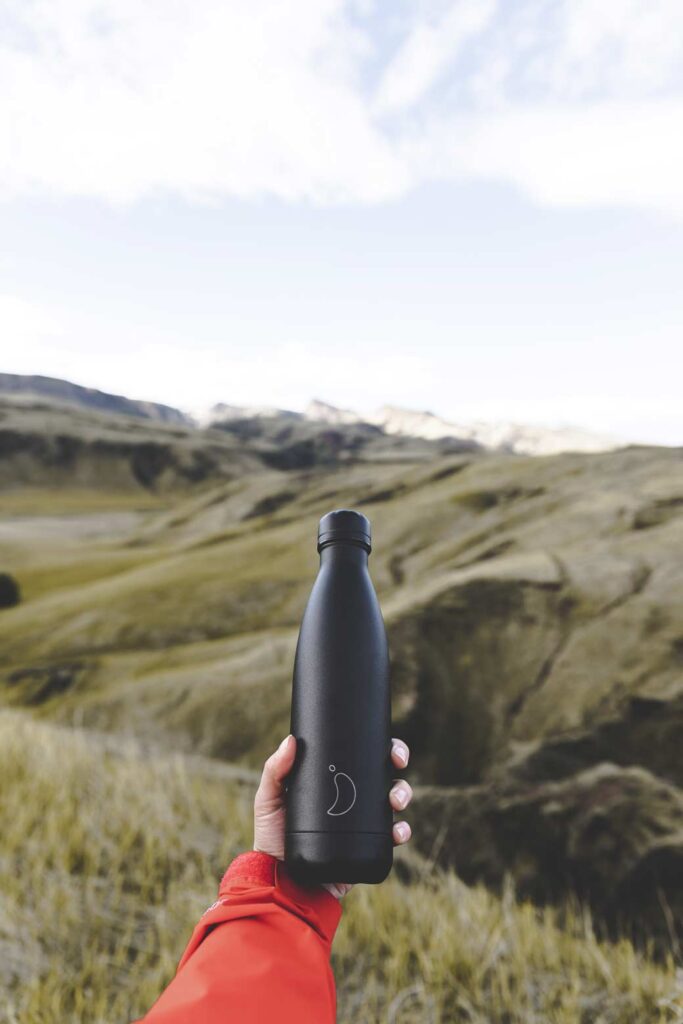


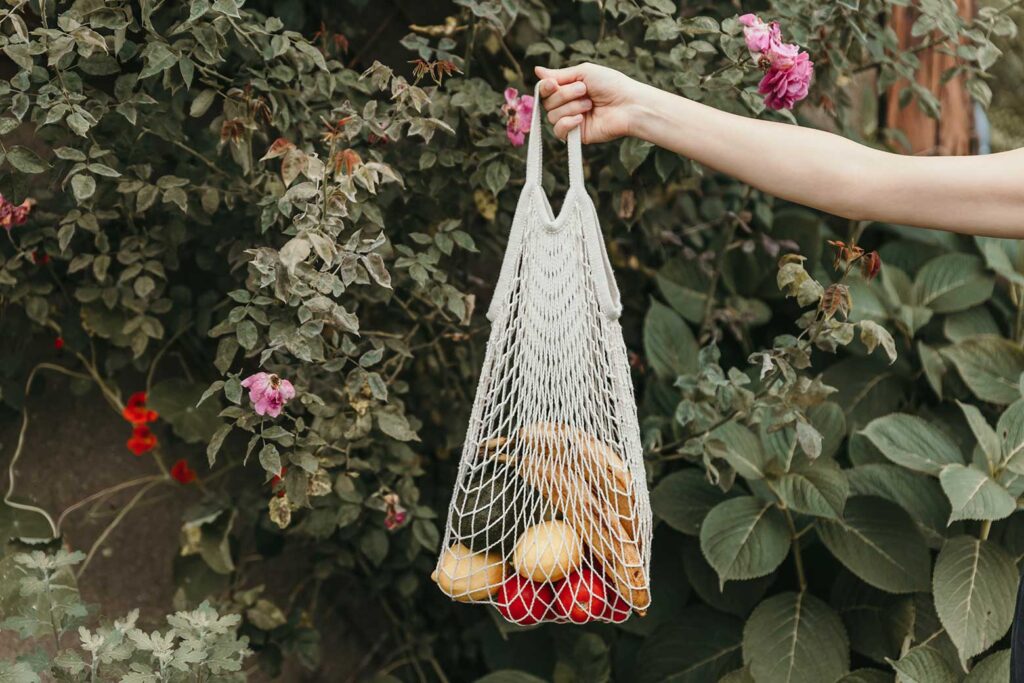






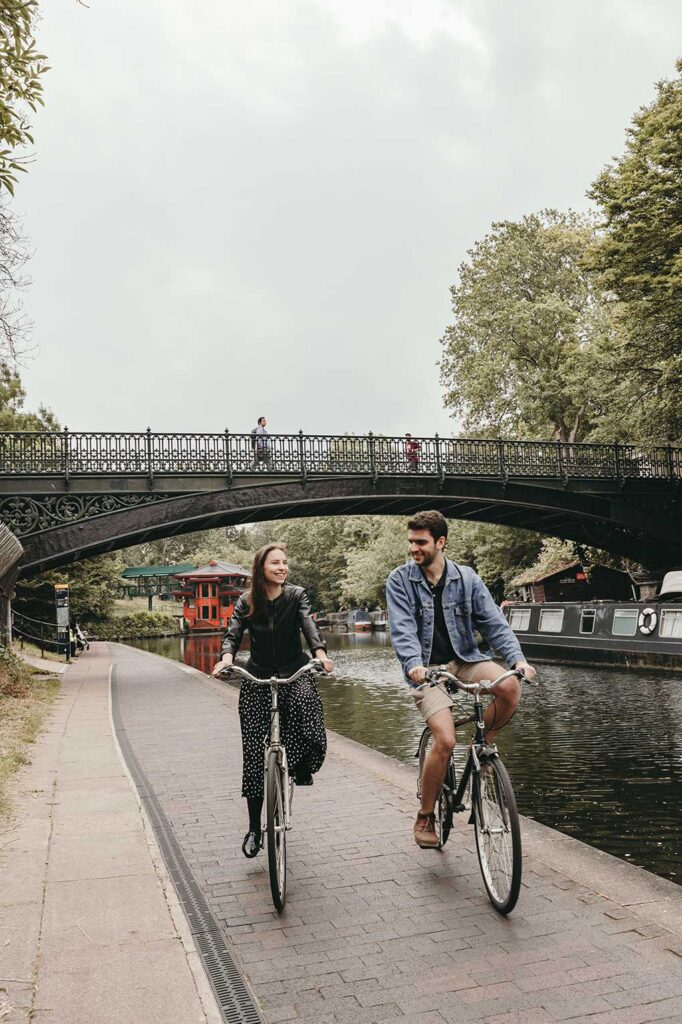

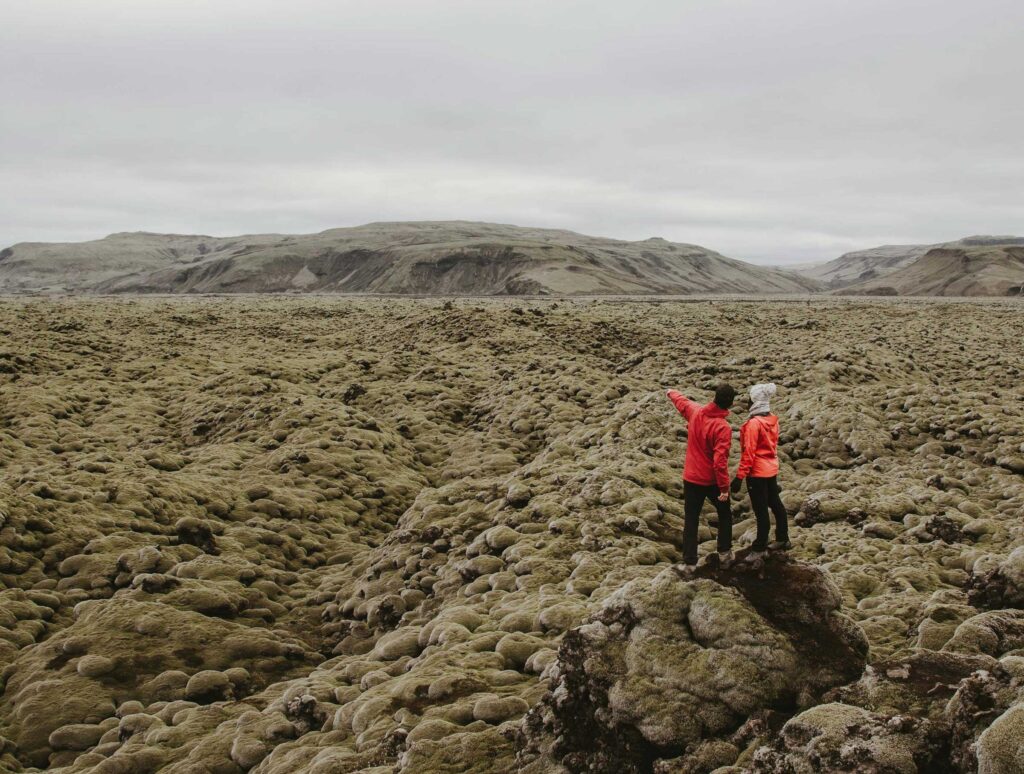

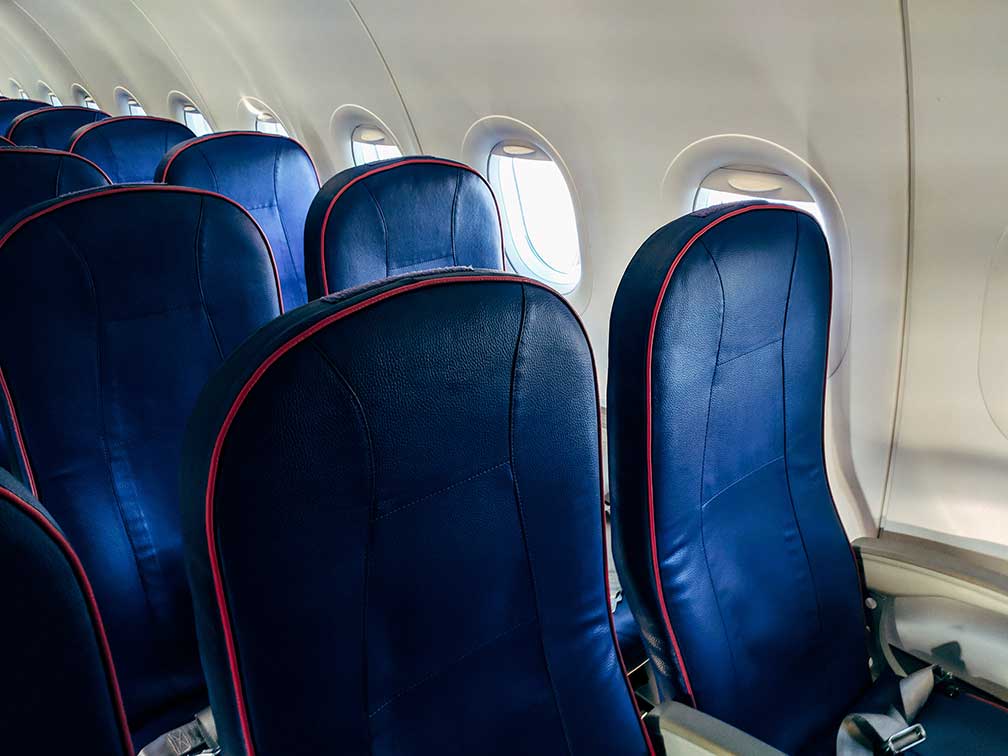
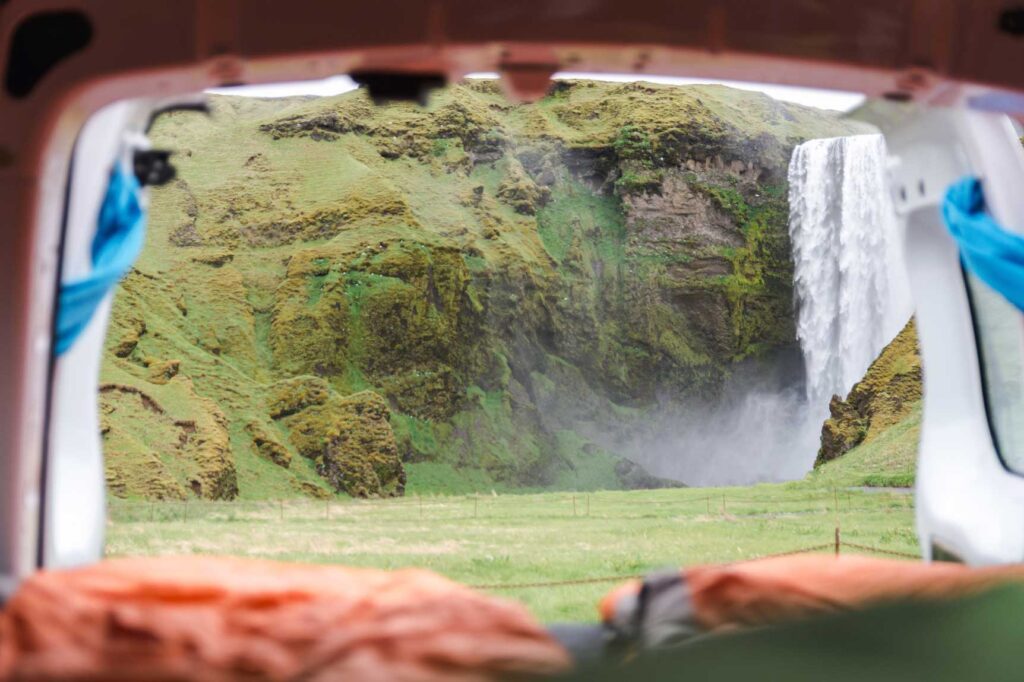



0 Comments